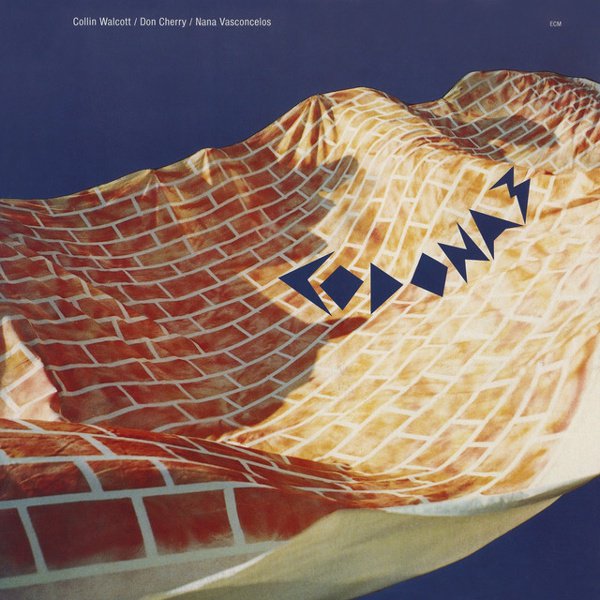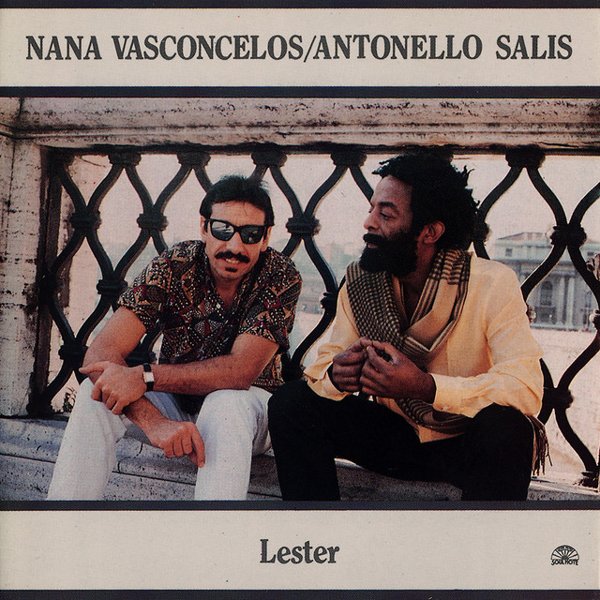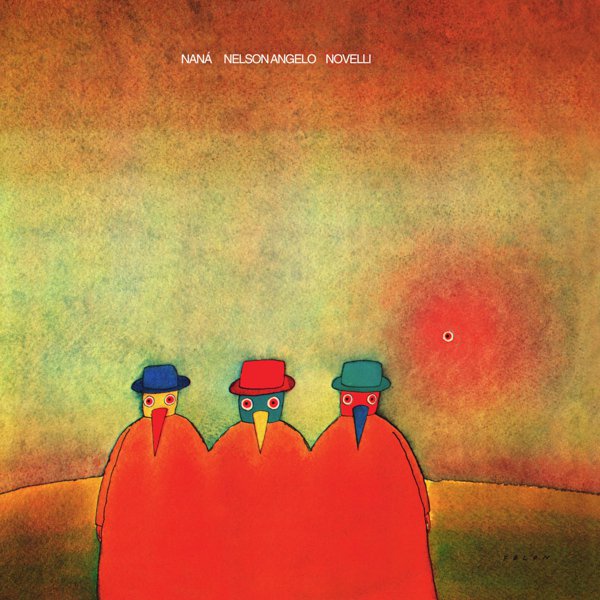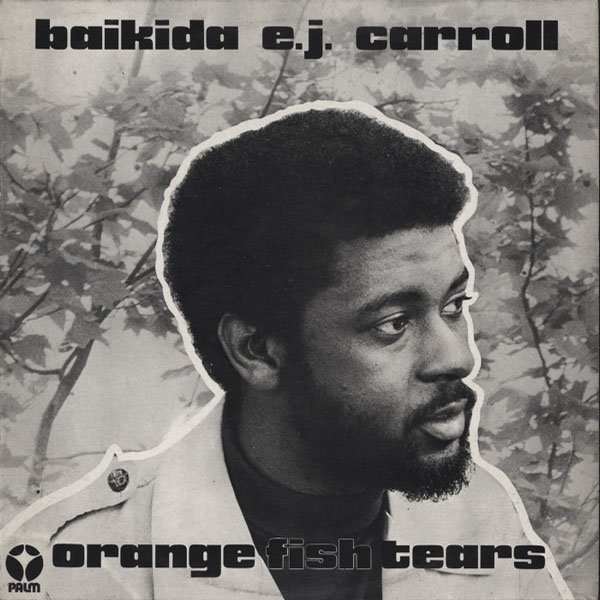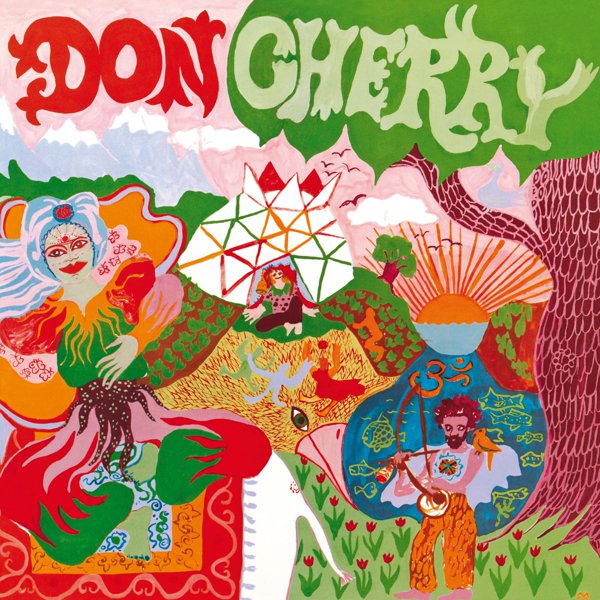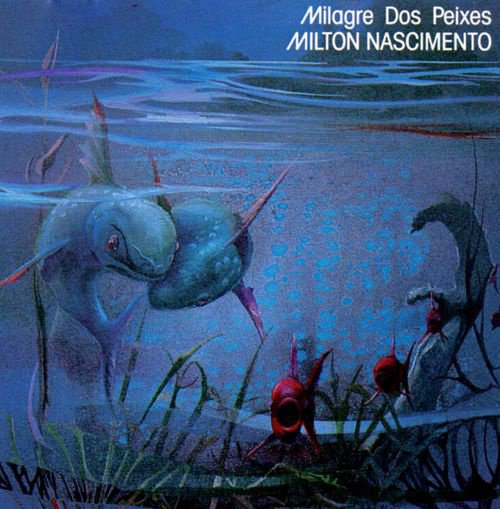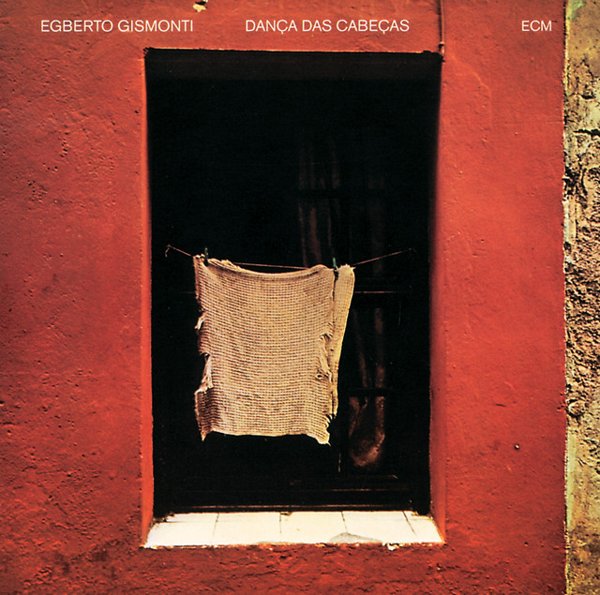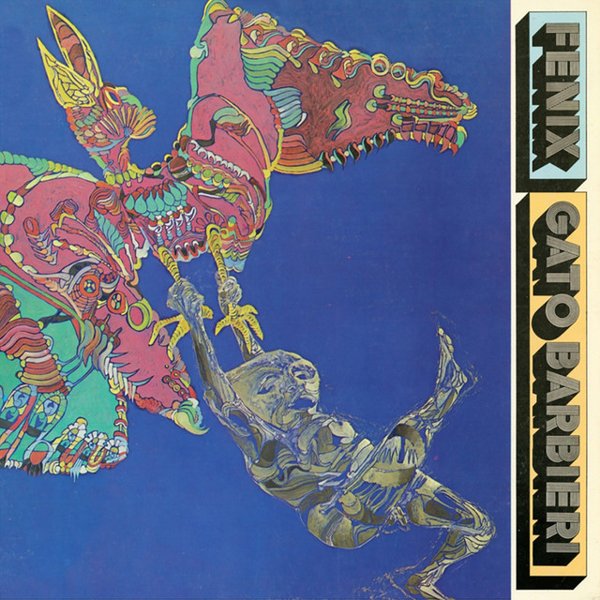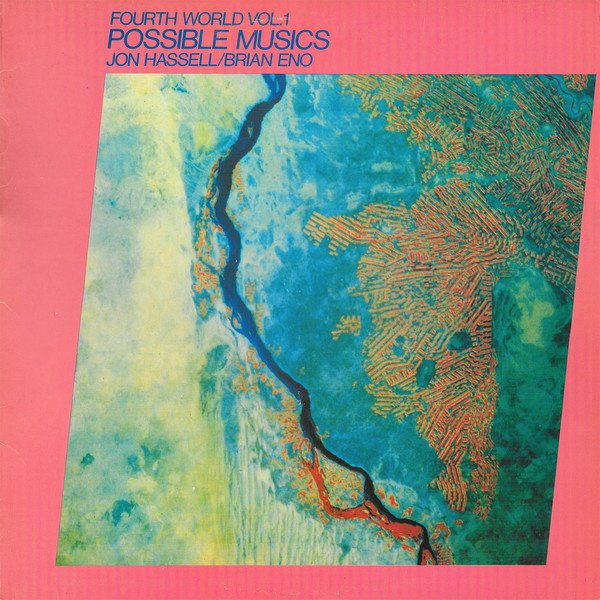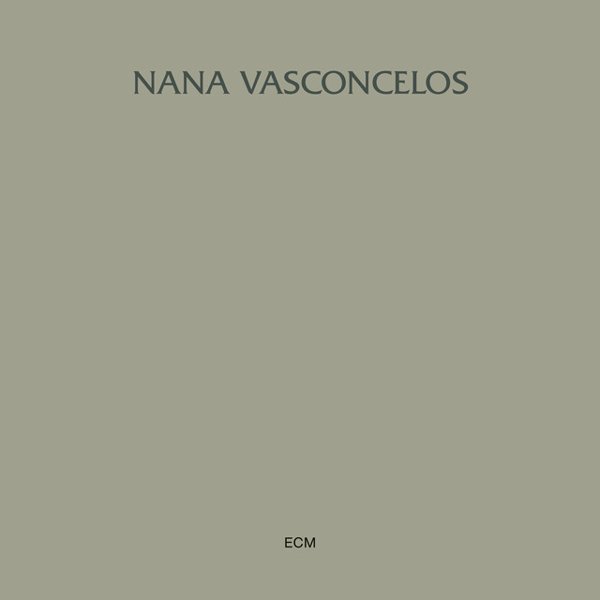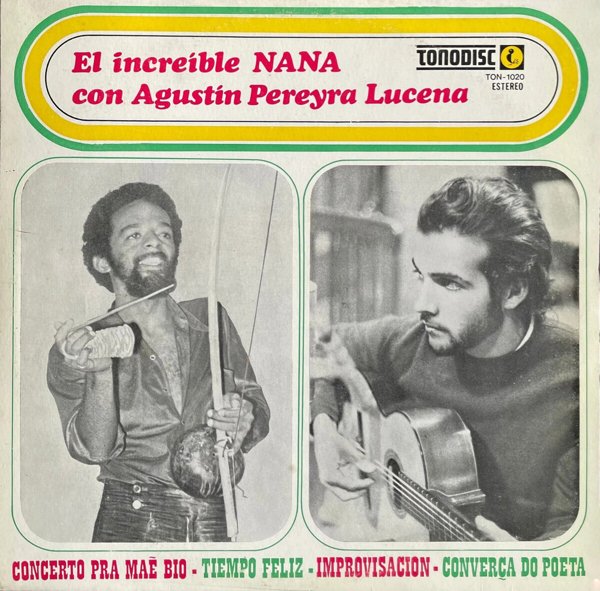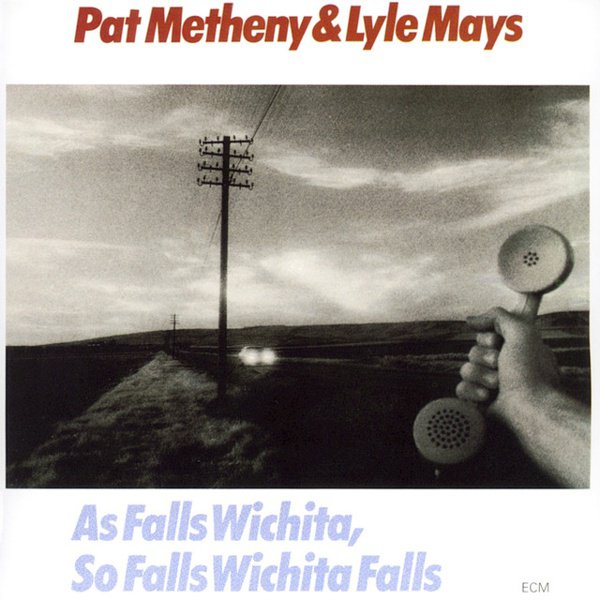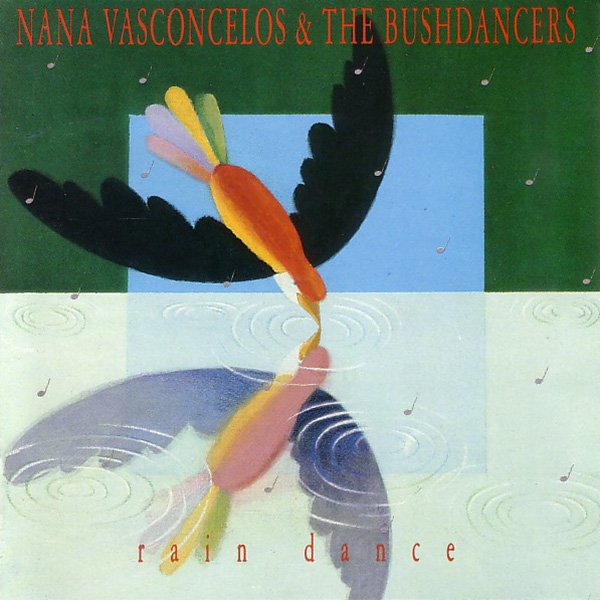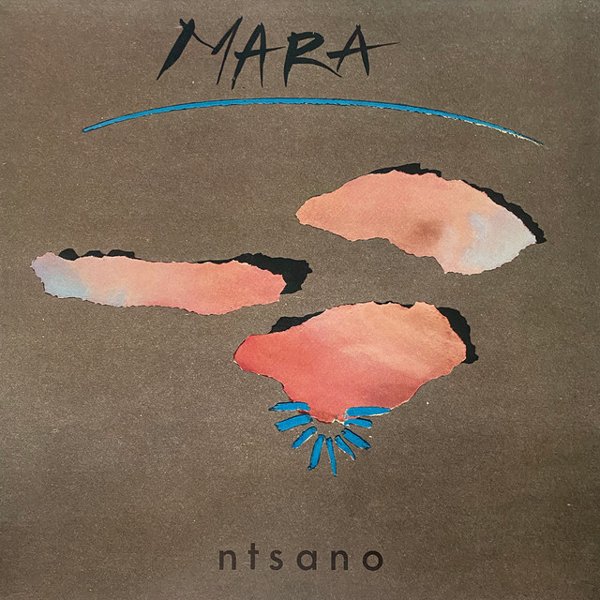Have string, will travel. On the strength of a lone metal string stretched taut across a bow with a gourd resonator, the berimbau is a rhythmic instrument that dates back to the 19th century candomblé tradition, later the primary driver of the Afro-Brazilian kinetic martial arts form of capoeira. To an outside listener, it’s an exotic, entrancing instrument, yet to capoeira practitioners, its sound verges on the sacred. And in the hands of Juvenal de Holanda Vasconcelos (nicknamed “Naná” by his grandmother as a young boy growing up in Recife, Brazil), his berimbau ultimately expanded from ritualistic capoeira events deep in the rainforests of Brazil to encompass the whole world. Naná’s berimbau slotted in alongside intimate duos, early world music explorations, jazz ensembles, art-rock bands, even orchestras.
Peripatetic by nature, Naná popped up in the unlikeliest of places during the course of his career, always game to improvise and explore with whatever musicians he could find. Perhaps that’s what relegated him to the small print on albums by bigger names? He’s integral to the sound of giants like Pat Metheny and Jon Hassell, the latter’s vision of 4th world inconceivable without the presence of Naná. He himself could be a one-man orchestra, able to replicate the sounds of the world around him: the dense rainforest, the echoing cry of a goat herder in the hills, a tree canopy full of songbirds, the street vendor shouting his wares, rain drops off a broad leaf, kids skipping rope. In the studio, onstage, or just jamming impromptu, Naná was a man who constantly reflected the world around him, no matter what his global coordinates were.

